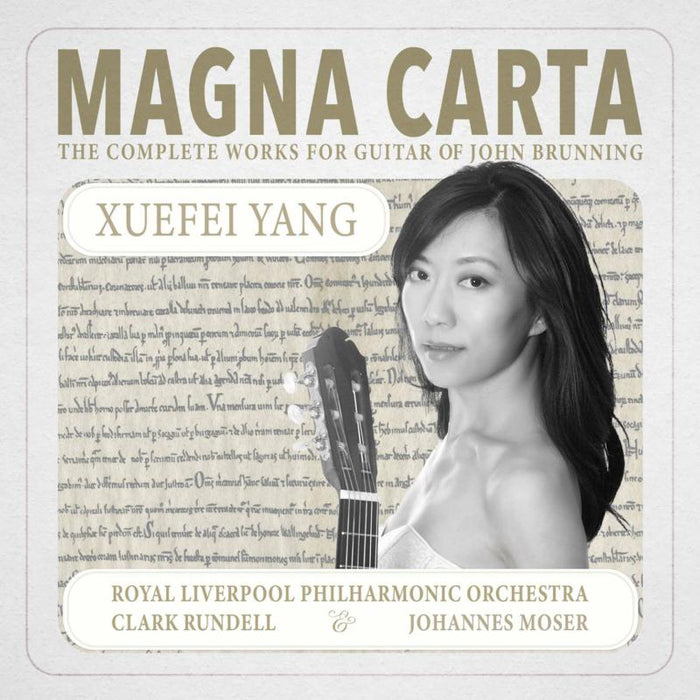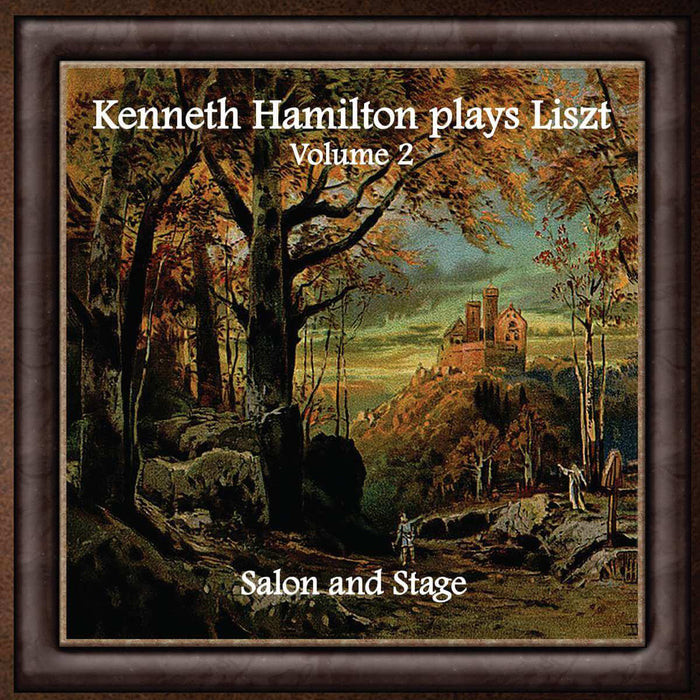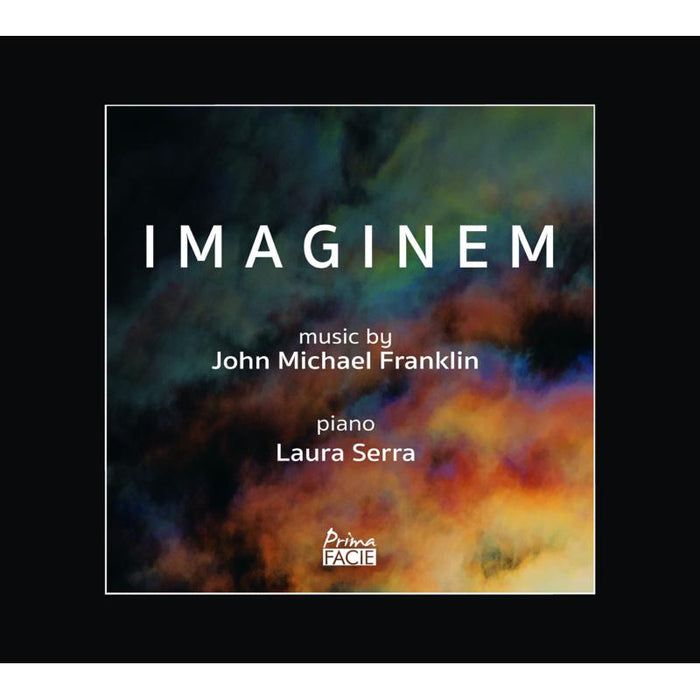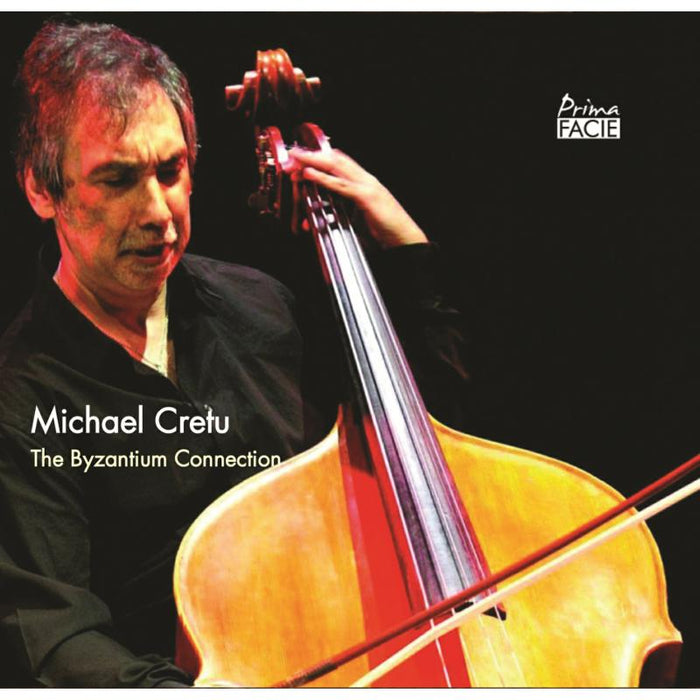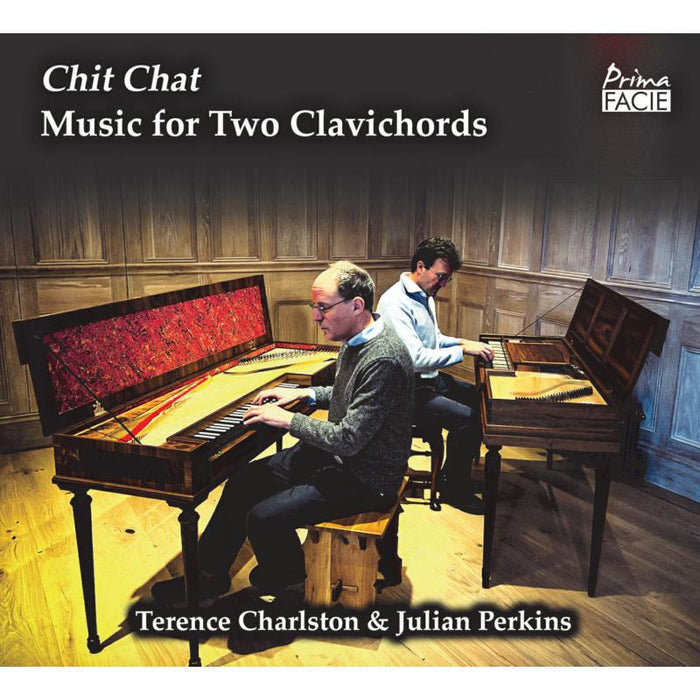Description
A selection of works from the generous output of the composer Colin Hand (1929 - 2015).
Colin Hand was born in Winterton, North Lincolnshire. Though he showed an early interest in music (he played the viola in his school orchestra) and started to compose at the age of twelve, his initial intention was to study for a career in biochemistry. Nevertheless, he eventually turned to music and studied the organ with Dr Melville Cook, receiving a Bachelor of Music degree from Trinity College, Dublin.
After qualification he spent fifteen years as a lecturer in further education and another fifteen years (part-time) as an examiner for Trinity College of Music, London. He composed steadily throughout his career and his works, exceeding 260 opus numbers, include choral, orchestral, organ, chamber music and songs. He also composed and arranged a significant amount of music for teaching purposes. In the 1970s he carried out extensive research on the composer John Taverner (c 1490 - 1545) and Renaissance music, for which he was awarded a PhD. His subsequent book John Taverner his Life and Music was published by Eulenburg Books, London, in 1978.
After retirement from official posts, he continued as a freelance composer and lived in Sibsey, near Boston in Lincolnshire, where he had close connections with the music at St Botolph's church - the famous Boston 'stump'. In his letter to Carl Dolmetsch with which Hand enclosed the score of Concerto Cantico, he observed, "the trouble with employing eclectic composers is that the end product can assume almost any form or style ..." His considerable output exhibits a wide range of both (267 opus numbers, including arrangements) but is consistently imaginative and well-crafted. Hand's comments in connection with the Three Lieder, in which he noted his evolving compositional style, are certainly revealing. Although of necessity only a small selection of his works is presented on this CD, hopefully it will be sufficient to be reasonably representative. Some of the pieces were dedicated to and / or first performed by the musicians recorded here, and the direct link between composer and performers is significant. Andrew Mayes


